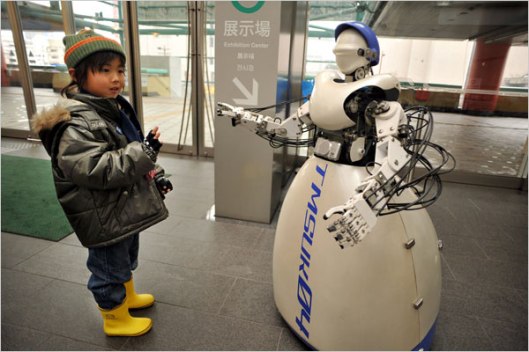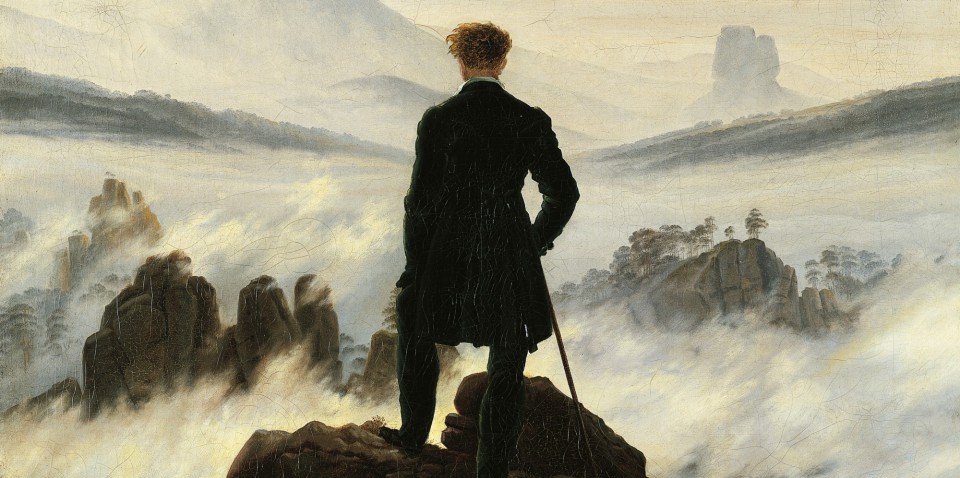New forms of Orientalism – techno Orientalism, self-Orientalism
“Orientalism” is a fantastical representation, a Western construct of Asia and the Middle East throughout the mid to late 19th century. At its forefront is a romanticised repertoire of images, such as the “sensual woman” or the encapsulating “snake charmer”. “
Considered backward and uncivilized, the West deemed it “a place of mystery, of illusions and dreams, peopled with the unfamiliar, (Lorcin, 1998)”. It is an image detached from history, placid and still, a world immune to modernisation and cultural development. Understanding this false view of the East is critical to gaining insight into a misrepresentation and misappropriation of an entire group of people. It also sheds light on the contextual Western notion of “colonialism” and “The White Mans Burden”. However, it is at this moment, that I would like to retract from this trail of thought and divert from solely divulging misconceptions of the East. This post will seek to engage with these misconceptions and how they have acted as a vehicle to provide domineering and influential characteristics that have defined the West over several generations.

Since the 1970’s the West has witnessed the meteoric rise of a modernised and technologically advance Asia. It began with Japan’s output of superior electronics and later, robotics. Currently, the present context is being dominated by China, who’s booming economy and rapid rise to modernisation has arguably supplanted the West, as the leading world power. However, the West as a collective is not willing to embrace the rise of a continent that for so long was seen as a dark and mysterious land that required “taming”. This “cultural stubbornness” and inability to accept Asian power, is rooted in our past ideologies of the Orient, but is showcased through forms of “Techno-orientalism”, integrated across contemporary popular culture.
David S. Roh details this occurrence, stating, “Techno-Orientalism investigates the phenomenon of imagining Asia and Asians in hypo- or hyper-technological terms in literary, cinematic, and new media representations, while critically examining the stereotype of Asians as both technologically advanced and intellectually primitive, in dire need of Western consciousness-raising, (Roh, 2015).”

Films such as Blade Runner, Cloud Atlas and Snowpiercer are all guilty of representing Asian culture as a civilisation that has not been able to cope with an abundance of power and can only be rescued by the white (Western) hero.
We need only to draw contrasts between the utilisation of science throughout the 19th century and these post- apocalyptic films. The British and French Empires were using science to develop medicine, increase trade effectiveness and make advancements in architecture and design. Science was upheld as an entity that had the potential to change the world for the better, famous physicist from the era, Marie Curie believed (regarding science), “Nothing in life is to be feared, it is only to be understood. Now is the time to understand more, so that we may fear less.”
However, Robbie Goh, of the University of Singapore, believes that science is a theme tethered to European colonialism and the modern, visual representations that we see today reflect as such.
“European colonialism also brought science and technological ideologies to nations like India, Malaysia, Singapore, Myanmar and Vietnam, this has also created a dichotomy between science as colonialism, and a new Asian nationalism consequently associated with local knowledge and cultural traditionalism, (Goh, 2013).
Essentially, it can be argued that Techno-Orientalism is an extension of a Westernised construction, where science is a tool that only the West is capable of utilising. When placed in the hands of an Asian society, science becomes an instrument of pervasion, where the “servile” and “culturally traditional” aspects of their culture, override the ability to thrive.
References
David S. Roh. and Betsy Huang. and Greta A. Niu. and David S. Roh. and Betsy Huang. and Greta A. Niu. Techno-Orientalism: Imagining Asia in Speculative Fiction, History, and Media. New Brunswick: Rutgers University Press, 2015. Project MUSE. Web. 7 Apr. 2016. <https://muse.jhu.edu/>.
Lorcin, P.L, 1999. Imperial Identities . 1st ed. Columbia University: I. B. Tauris.
Goh, R.G, 2004. Asian Diasporas: Cultures, Indentity, Representation. 1st ed. Hong Kong: Hong Kong University.
Goh, R.G, 2004. Asian Diasporas: Cultures, Indentity, Representation. 1st ed. Hong Kong: Hong Kong University.
